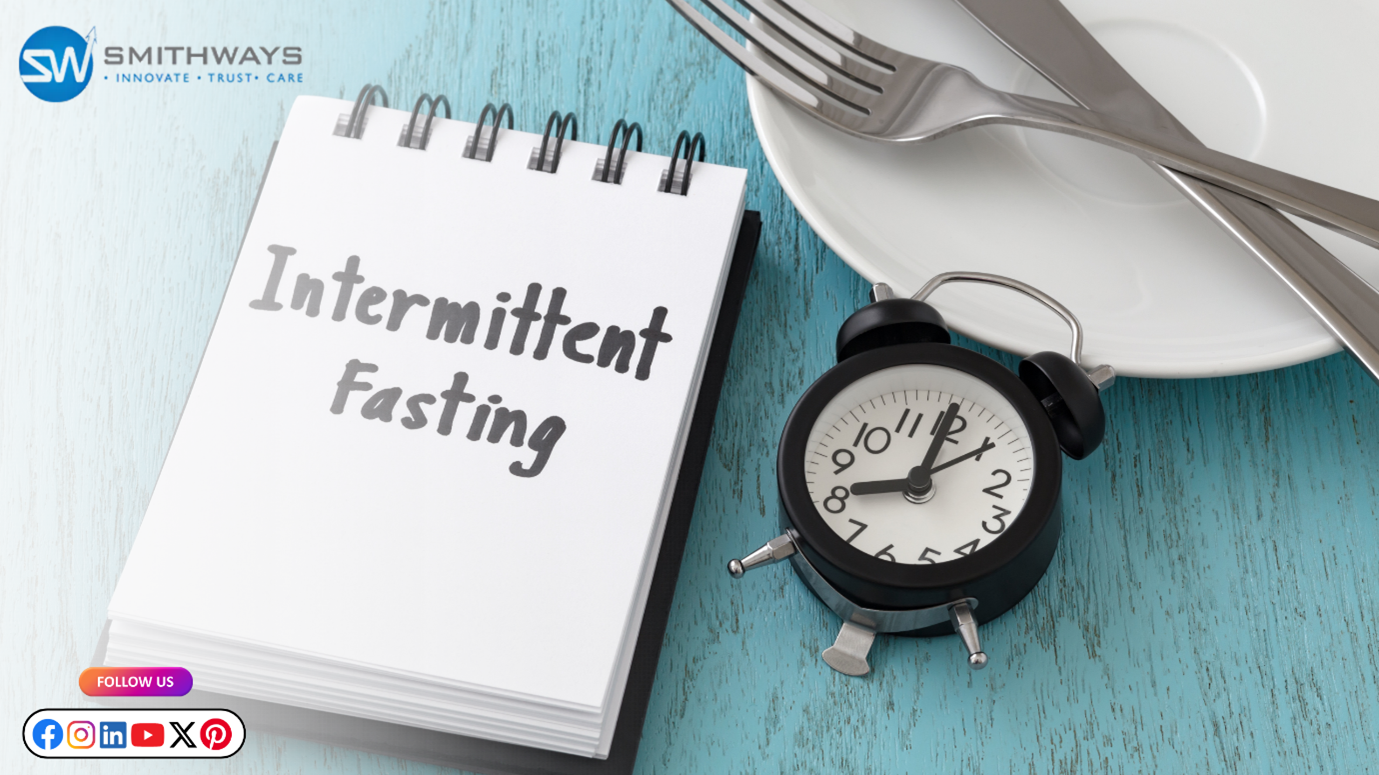One of the most significant changes in the rapidly changing field of modern medicine in recent decades has been the emergence of generic medications. These less expensive substitutes for name-brand drugs have grown to be the foundation of international healthcare systems, particularly in nations like India where access to care frequently depends on financial means. In addition to being just as effective as their branded equivalents, generic medications guarantee greater accessibility across socioeconomic divides.
Smithways Healthcare's advocacy for generic medications is the first step in their mission to provide sustainable and high-quality healthcare. Being a leader in advocating for reasonably priced and efficient treatment options, the company feels that democratizing access is where modern healthcare truly shines, and generic medications are ideally positioned to do just that.
What Are Generic Drugs?
Pharmaceutical products that have the same active ingredients as name-brand ones are known as generic drugs. Their intended use, dosage form, safety, strength, administration route, quality, and performance characteristics are all the same. Pricing and branding are where the main differences can be found.
A pharmaceutical business that creates a new medication is granted a patent, which grants it the sole authority to produce and market the medication for a predetermined amount of time. Other producers are permitted to create and market the same medication under a generic name after the patent expires, usually at significantly reduced prices.
Because generic drug manufacturers do not have to pay for the initial costs of drug discovery, clinical trials, and extensive marketing, this cost reduction is made possible. The patient directly receives the savings, which helps to contribute to the availability of affordable medicines in new delhi and other urban healthcare ecosystems.
Why Generic Drugs Matter
- Cost Efficiency
The affordability of generic medications is one of their biggest benefits. Cost can be a deciding factor in whether or not treatment is sought in India, where a significant percentage of the population pays for healthcare out of pocket. By significantly lowering treatment costs, generic drugs make it possible for more people to receive the assistance they require.
Generic medications are 30% to 80% less expensive than their branded equivalents, according to numerous studies. Patients who need long-term medication for chronic conditions like diabetes, hypertension, asthma, and cardiovascular diseases are supported by this cost benefit.
By promoting affordable medicines in new delhi, generic medications act as a leveller in the urban healthcare system, enabling more citizens to access high-quality care.
- Increased Accessibility
Branded medications are frequently inaccessible or prohibitively expensive in both urban and semi-urban areas. This gap is filled by generic medications, which are widely available through retail pharmacy chains and government-run programs. In India, initiatives like the Jan Aushadhi scheme seek to supply high-quality generic medications at affordable costs through specialized stores located in Delhi and other major cities.
Because of their affordability and wider distribution, generic medications are a crucial component of public health policy. When people search for affordable medicines in new delhi, generics frequently offer the best choice, guaranteeing that medical care is a right rather than a luxury.
- Strict Regulatory Standards
The idea that generic drugs are of lower quality than branded ones is a prevalent one. In actuality, national regulatory bodies like the FDA in the US or the Central Drugs Standard Control Organization (CDSCO) in India have strict requirements that all generic medications must adhere to. These rules guarantee that generic medications are bioequivalent, which means they function similarly and offer the same therapeutic advantage.
Generic producers must demonstrate that their product enters the bloodstream at the same pace and level as the name-brand equivalent before it can be approved. Patients can therefore be sure that they are selecting a safe and efficient product when they choose generics.
- Supports Public Health Initiatives
In extensive public health initiatives, generic medications are essential, particularly for infectious diseases like HIV/AIDS, malaria, and tuberculosis. Generics can be bought in bulk by governments and non-governmental organizations, allowing for widespread distribution without breaking the bank.
The availability of generic versions of supportive and antiviral medications during health emergencies like the COVID-19 pandemic improved readiness and treatment capacity, particularly in urban areas like Delhi, where the need for affordable medicines in new delhi was at an all-time high.
- Sustainability of Healthcare Systems
Healthcare systems are under more financial strain as the population ages and chronic illnesses become more common. Generic medications lower overall costs, which facilitates more effective resource allocation for national health programs. Using generic options also results in lower claim payouts for insurance companies and private healthcare providers.
Generics contribute to the sustainability and resilience of the healthcare system by allowing both public and private insurers to provide more coverage at reduced prices.
Community and Pharmacy-Based Impact in Delhi
As a centre for healthcare, Delhi has witnessed an increase in the focus on generic pharmacies and public knowledge of less expensive options. Generics are becoming more widely available at neighbourhood pharmacies, mobile health vans, and urban clinics in order to satisfy the growing demand for affordable medicines in new delhi.
Access is now simpler and more transparent than ever thanks to digital health platforms that also let users compare the costs of generic medications, consult with doctors online, and have them delivered right to their door.
Role of Doctors and Pharmacists
The adoption of generic medications is significantly influenced by healthcare professionals. Pharmacists should actively inform patients about the advantages and safety of generic medications, and doctors should confidently prescribe them when necessary.
In New Delhi, where there are many different healthcare options, physicians affiliated with progressive institutions are now taught to strike a balance between cost and effectiveness. By coordinating treatment suggestions with affordable medicines in new delhi, they are essential to the development of a culture of responsible prescribing.
Myths Surrounding Generic Drugs
There are still a number of misconceptions about generic medications despite their demonstrated efficacy:
- Myth: Generic drugs are less effective.
Fact: They have the same active ingredients and must pass bioequivalence tests. - Myth: Generic drugs are unsafe.
Fact: Regulatory bodies enforce strict safety standards. - Myth: Only poor people take generics.
Fact: Even developed nations rely heavily on generics to manage healthcare budgets.
In cities like Delhi, pharmacy-led projects and public education campaigns can help dispel these myths and increase confidence in affordable medicines in new delhi.
Overall Summary
Generic medications are the most effective means of establishing an equitable, inclusive, and sustainable healthcare system in a time of scientific progress and growing medical expenses. They guarantee that everyone, regardless of income, background, or location, can access effective treatments, not just those who can afford premium pricing. Smithways Healthcare keeps taking the lead in this regard by endorsing projects, collaborations, and educational initiatives that encourage the use of generic medications. Their emphasis on fair treatment and community involvement supports their role in scaling affordable medicines in new delhi, contributing to the improvement of healthcare's efficacy, inclusivity, and humanity.





















